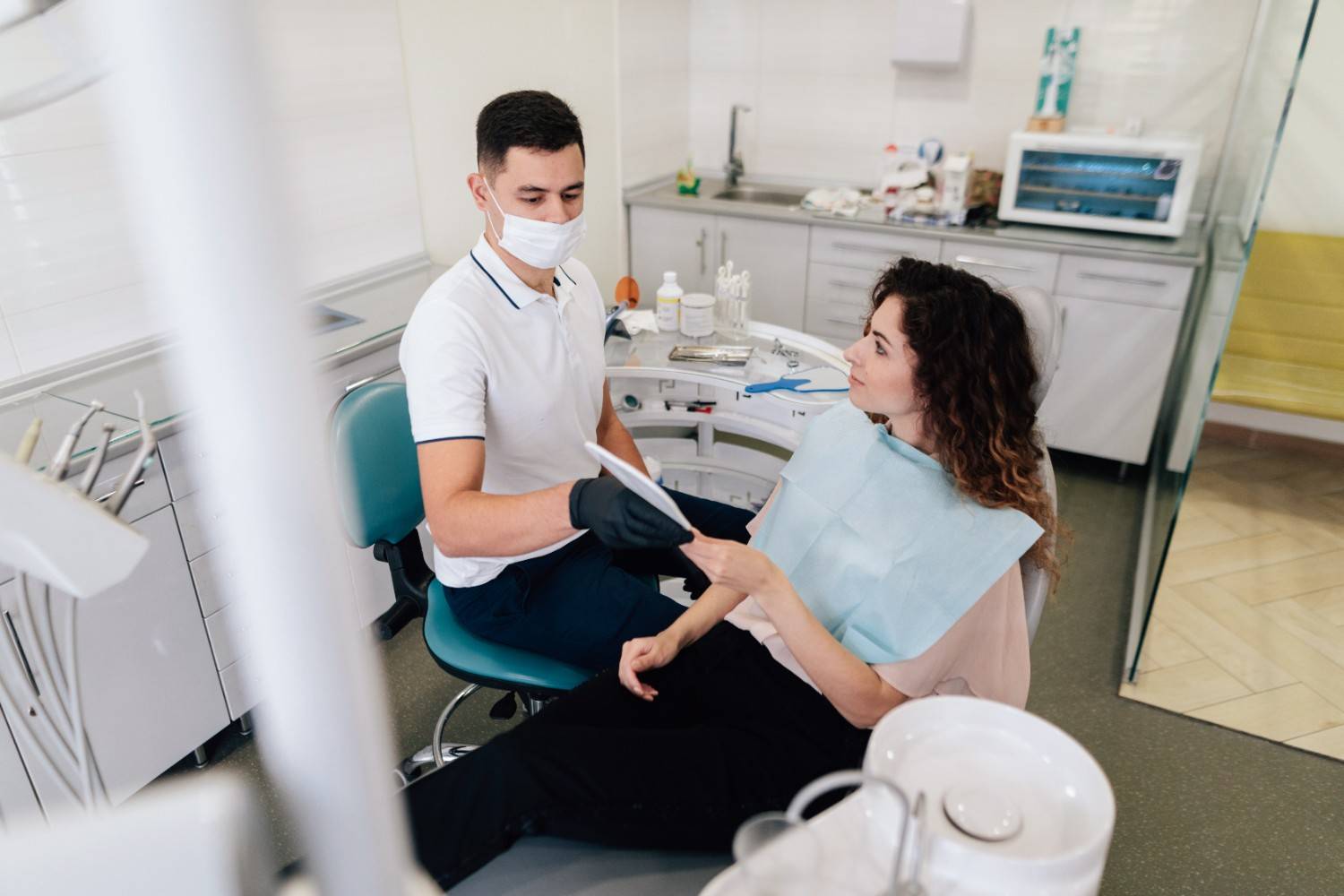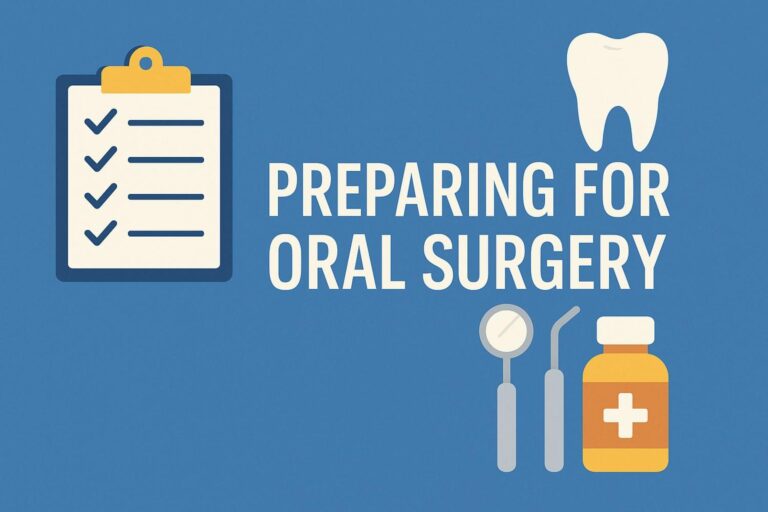Preparing for oral surgery can be overwhelming, especially if it’s your first time. Whether you’re having your wisdom teeth removed, getting a dental implant, or addressing other oral health issues, proper preparation is key to a smooth experience. Taking the right steps beforehand can help reduce anxiety, promote a faster recovery, and ensure everything goes according to plan. Having a clear plan before your appointment can make a significant difference in your comfort and healing process.
Understanding Your Procedure
Preparing for oral surgery starts with understanding the procedure you’ll be undergoing. Knowing what to expect can help reduce stress and allow you to plan effectively. Most oral surgeries, whether simple or complex, follow a structured process involving anesthesia or sedation, the surgical procedure, and recovery. Before your surgery, discuss the details with your oral surgeon in West Valley, Utah. Confirm the type of anesthesia, the expected duration of the procedure, and the recovery timeline. Clear communication ensures you’re fully prepared both mentally and physically.

Planning Transportation Ahead of Time
Most oral surgeries require sedation, meaning you can’t drive afterward. Plan your transportation in advance to avoid stress on the day. Arrange for a family member or trusted friend to drive you home and ideally stay with you for a few hours post-surgery for comfort and safety. Provide your driver with clear directions and a planned route to prevent delays.
Preparing Your Recovery Space
Your post-surgery comfort is vital. Before your surgery, prepare a quiet, clean, and accessible recovery space at home. Keep essentials like extra pillows, water, soft snacks, and prescribed medications within reach. A comfortable resting area helps you focus on healing, making your recovery smoother.
Adjusting Your Diet Before Surgery
Depending on the type of anesthesia used, your oral surgeon may recommend avoiding food or drink for a few hours before your procedure. Follow these instructions carefully to avoid complications. Additionally, prepare soft foods for the days following your surgery. Options like yogurt, mashed potatoes, soups, smoothies, and scrambled eggs are gentle on healing gums and easy to eat. Planning these meals ahead means you won’t have to worry about food preparation when you’re sore or tired after the procedure.
Wearing the Right Clothing
On the day of your oral surgery, prioritize comfort. Opt for loose-fitting clothes that allow easy access to your arms for anesthesia administration. You should also avoid wearing jewelry, makeup, and contact lenses, as they can interfere with the surgical equipment or cause discomfort. While it may seem like a small detail, dressing appropriately helps ensure the procedure goes smoothly.
Following Pre-Surgery Instructions
Your oral surgeon will provide specific pre-surgery instructions for your procedure. These may involve avoiding certain medications, fasting, or rinsing your mouth with a special solution. Following these guidelines minimizes risks and ensures the best possible outcome. If you have questions about any instruction, ask your surgical team beforehand. Clear communication will make the process less stressful and more efficient.
Managing Anxiety and Preparing Mentally
It’s completely normal to feel nervous before oral surgery, but managing your anxiety can make a significant difference. Simple techniques like deep breathing, meditation, or listening to calming music can help ease your nerves. Some patients also find comfort in bringing a personal item, such as a blanket or stress ball, to their appointment. Trusting your oral care team and focusing on your recovery goals can make the experience feel less daunting.
Planning for Post-Surgery Care
Recovery doesn’t stop when you leave the office—proper post-surgery care is essential for healing. Make sure to stock up on any recommended medications and carefully follow your oral surgeon’s aftercare instructions. These may include using ice packs to reduce swelling, avoiding strenuous activities, and keeping your head elevated. If a follow-up appointment is needed, it’s important to schedule it to monitor your progress. Being prepared for this stage can help prevent complications and support a smoother, faster recovery.

Conclusion
A little preparation goes a long way with oral surgery. Understanding the procedure, preparing your home, and following your surgeon’s instructions all contribute to a smoother, more comfortable experience. Working closely with your oral surgeon will help you feel informed, supported, and ready for a successful recovery.

